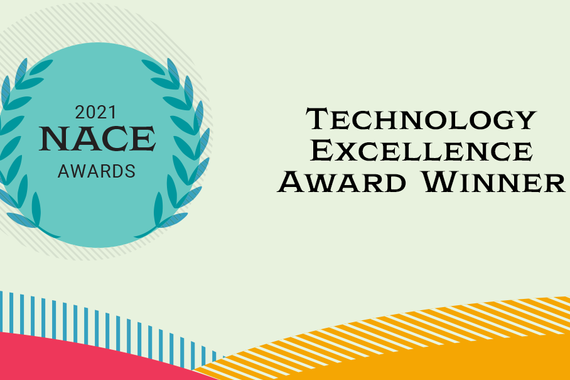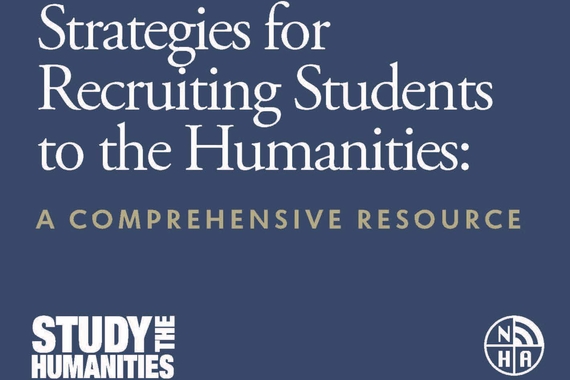Study of RATE™ Indicates Its Effectiveness
A team of researchers conducted a study among undergraduate juniors and seniors in a College of Liberal Arts (CLA) career planning course that employs RATE™, a digital self-assessment tool developed by the college. Findings indicate the course was effective in advancing the students' understanding of how their liberal arts education aligns with their career readiness.
The study was published in March 2020 in the Journal of Employment Counseling by Michael J. Stebleton, Lisa S. Kaler, Kate K. Diamond, and Crystal Lee of the Department of Organizational Leadership, Policy, and Development in the College of Education and Human Development at the University of Minnesota.
The course, CLA 3201: Career Planning, Preparing for Your Post-Graduation Plans, aimed to improve students’ career readiness through reflections about their liberal arts education. Interviews and responses to a beginning- and end-of-course questionnaire indicate that the 24 students in one section of CLA 3201 developed greater awareness and learner agency as a result of training and practice in career readiness through regular use of RATE during the semester.
RATE coaches students in how to view their course assignments and co-curricular activities as Career Readiness experiences by asking them to:
- Reflect on the experience
- Articulate how the experience helped them develop competencies
- Translate how those competencies are of value in professional contexts
- Evaluate their level of readiness in those competencies
Using a scale where 1= Strongly Disagree through 5=Strongly Agree, students’ mean response for “I can easily describe the Core Career Competencies I developed in college” was 2.79 at the beginning of the course, and 4.42 at the end. On “I am prepared to explain the value of a liberal arts education to a potential employer,” response grew from 2.79 to 4.67. Students clearly indicated that they can connect the competencies to their academic and co-curricular experiences, at the end of the course endorsing at 4.17 on “I can recall specific moments during college that were crucial for my development of Core Career Competencies” (as compared with a mean response of 3.33 at the beginning of the course).
All of these results proved to be statistically significant and indicate that RATE helps students articulate how their education has provided them advantages they can leverage in future opportunities.
Conclusions
Overall, as the researchers noted, "through the RATE tool and other course activities, students were able to identify and demonstrate greater self-confidence around articulating the core career competencies that the course addressed. The course allowed students to acquire language around the core competencies and to articulate the merits of these transferable skills. Learning the language of the core competencies led to a greater understanding of the value of a liberal arts degree."
The researchers concluded that undergraduate liberal arts students benefit from initiatives that allow them to intentionally reflect on their liberal arts coursework and experiences so that they can successfully transition out of the academic world and into the workforce.
See also:
CLA's Career Readiness efforts are highlighted in the National Association of Colleges and Employers Journal in an article by Ascan Koerner and on LinkedIn in an article by George Anders.


